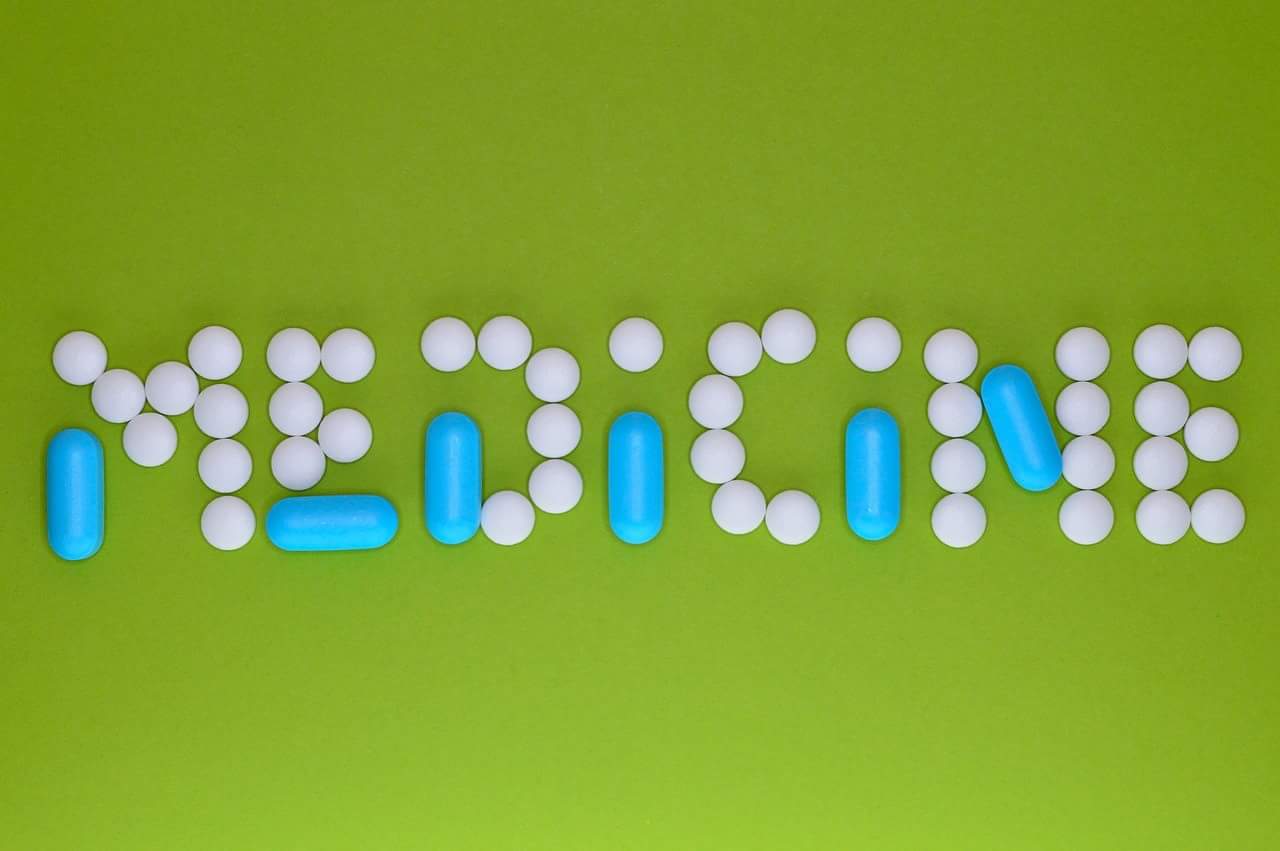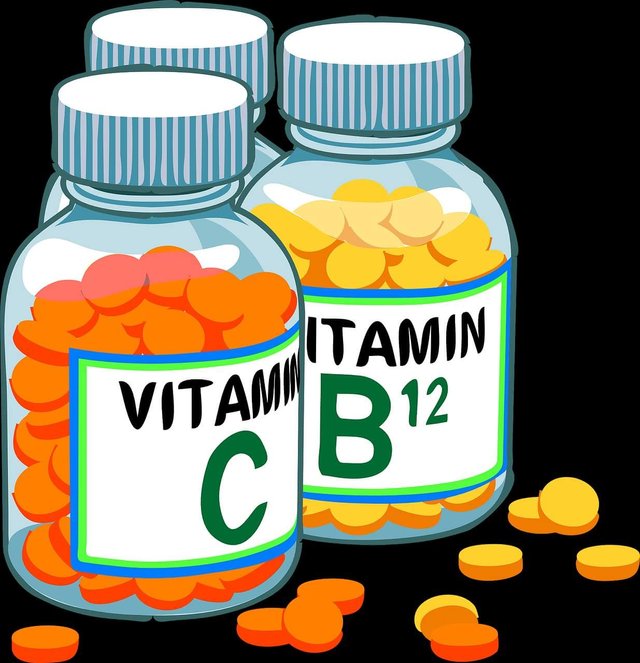Certain medical conditions warrant the use of drugs. Medical conditions and illness like the common malaria, typhoid, tuberculosis, hypertension, and HIV/AIDS require the taking of drugs to affect the body's physiological functions.
A drug is any substance (other than food that provides nutritional support) that, when inhaled, injected, smoked, consumed, absorbed via a patch on the skin, or dissolved under the tongue causes a temporary physiological (and often psychological) change in the body.
In pharmacology, a drug can also be defined as a chemical substance used in the treatment, cure,prevention or diagnosis of disease or used to otherwise enhance physical or mental well-being. 
There are seven (7) different types of drugs, each has it's own set of effects and risk namely:
Stimulants: Few examples are; Adderall, Ritalin, synthetic Marijuana, Cocaine, and Caffeine etc.
Their effects include; anxiety, psychosis, depression, paranoia, high body temperature, stroke and heart failure etc.
Depressants: Examples include; Barbiturates, Valium, Xanax, Rohypnol, and Benziodiazepines.
Effects are; sluggish thinking, delirium, low blood pressure, impaired memory and hallucinations etc.
Hallucinogens: Salvia,Psilocybin,LSD and Peyote are examples of hallucinogens.
Fear, paranoia, anxiety, distorted cognition and nausea etc are the effects.
Dissociative: Examples include; Ketamine, DXM, (Dextromethorphan) and PCP (Phencyclidine).
The effects are anxiety, depression, numbness, suicidal thoughts and memory loss etc.
Opioids: Examples include; Heroin Opium, Oxycontin, Morphine and Codeine etc.
The effects are; constipation, liver damage, euphoria, brain impairment, drowsiness, pupil dilation and cardiac arrest (if dose is too high) etc.
Inhalants: Examples are; Nitrous oxide, Aerosol sprays and Room deodorizers etc.
Effects include; loss of smell, brain damage, nose bleeds, increased heart rate and hallucinations etc.
Cannabis: Examples include; Marijuana leaves, Hashish and Hash oil etc.
Effects include; depression, sedation, chronic anxiety, impaired sense of time and slowed reaction times etc. 
A poison may be defined as any substance that may cause harm or illness to a person because of it's chemical action to the body.
A substance may be harmful or poisonous if taken the wrong way, by the wrong person or in the wrong amount.
Drugs acts as poisons and could also be used to cure an ailment or improve the health condition of a body.
What makes a drug a medication or poison is in the dosage.
A dosage is simply the quantity of a medicine or drug taken or recommended to be taken at a particular time.
For instance, the common paracetamol taken as pain killer for headaches and fever. An average adult takes two tablets of paracetamol (500mg per tablet) twice daily when having pains and headaches but the same paracetamol could be poisonous to the system if one should take more tablets of paracetamol other than the two tablets prescribed by a physician. This is also applicable to all other drugs no matter the size of that drug.
A word they say is enough for the wise. It is always advisable to consult your physician before taking any drugs and you should also follow the right prescriptions given.
Spread the message today and save a life tomorrow. 

Authors get paid when people like you upvote their post.
If you enjoyed what you read here, create your account today and start earning FREE STEEM!
If you enjoyed what you read here, create your account today and start earning FREE STEEM!